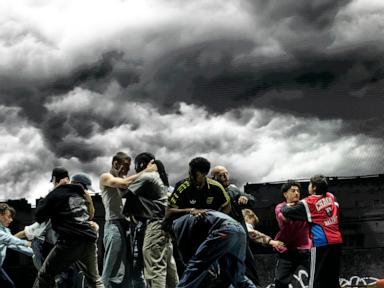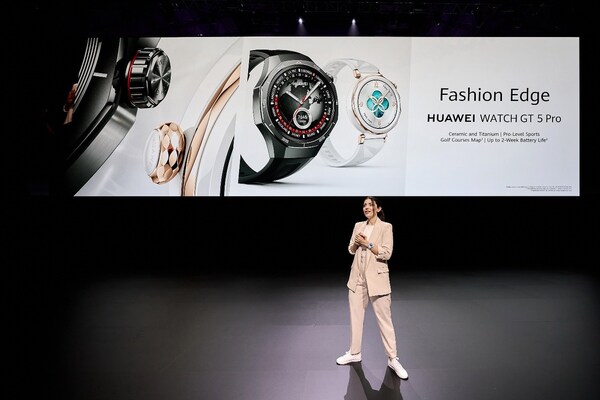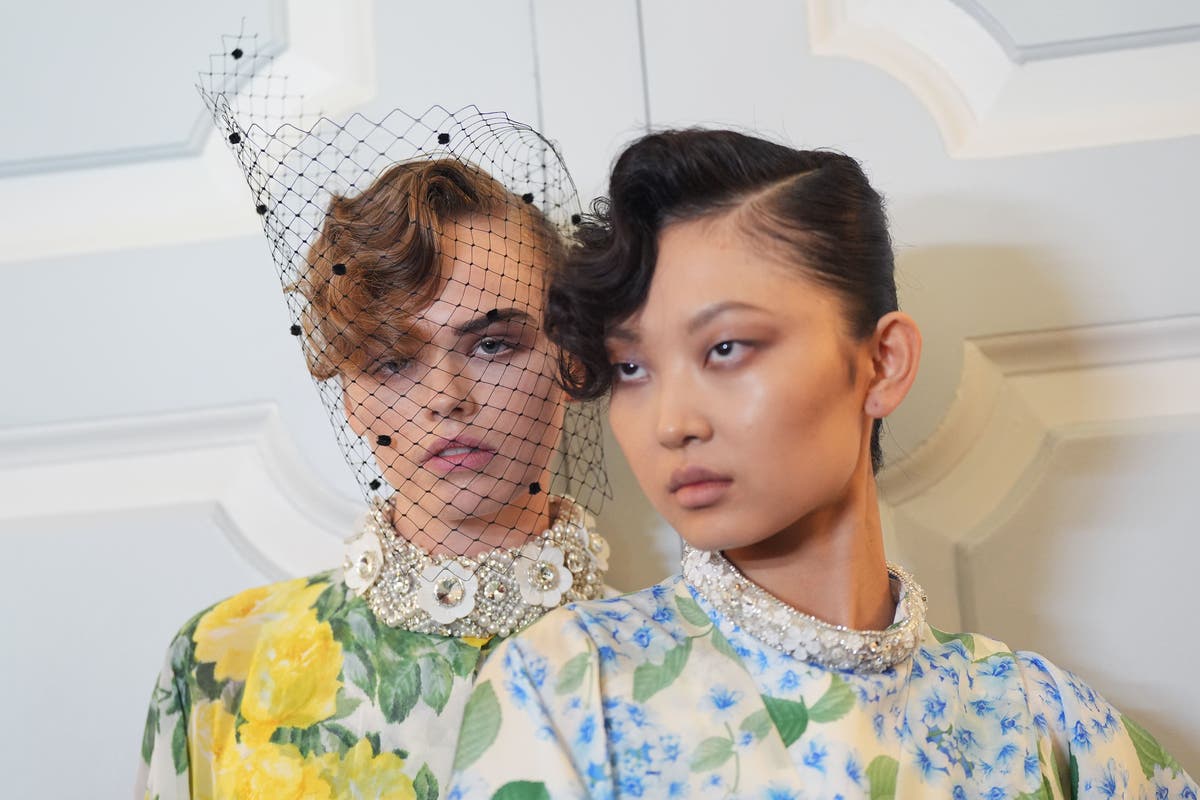The large crowd that sprawled out on blankets and settled into folding lawn chairs Friday for the first of the three-night Out of Space festival at a Skokie field got more than gorgeous weather. Seated or standing, they witnessed memorable performances from two of the most formidable and visionary guitarists in any genre, not to mention singer-songwriters whose narratives often prove as sharp as their solos. Courtney Barnett and Bob Mould hail from different eras.
And separate continents. Yet both share the same connection to rock music moved forward by fearless nerve, humming amplifiers and six strings attached to contoured slabs of wood. Barnett headlined and arrived with her familiar trio configuration.

Mould, who played Thursday at Empty Bottle and whose relationship with Chicago stages started more than four decades ago, went at it alone. Given his history of collaborations with Evanston native Jason Narducy, fans could be forgiven for wishing he’d brought a band. But by the end of his too-short 50-minute set, any reservations evaporated.
Besides, Out of Space seemingly prevails as a complaint-free zone devoid of many of the hassles and hang-ups that impact other area events. Due to renovation work at Canal Shores Golf Course, the festival temporarily decamped from its usual Evanston home to the north field at Skokie’s Illinois Science + Technology Park. The benefits of previous years’ events — room to stretch out; a family-friendly atmosphere; reasonably priced food and drink — carried over to the neighboring suburb.
Ditto easy access to public transit, bike paths and parking. Save for a logjam at the entrance that peaked around 6:30 p.m.
, logistics clicked. Lines for restrooms and food were short. Visibility of the stage and screen checked the right boxes.
Concertgoers who opted for distant spots sacrificed good sightlines but still could hear. Of course, part of the thrill of experiencing Barnett live involves watching how she physically reacts to the songs. Her guitar frequently functioned as the fifth limb of her body.
Though she occasionally stood still when she wasn’t singing, Barnett tended to move where the surging electricity and momentum carried her. Raising up her instrument at near-perpendicular angles, and taking wide, exaggerated steps reminiscent of those of a child trying to avoid cracks in a sidewalk, the 30-something roamed and stomped like a friendly monster feeding on the energy of her band. Somehow, she kept everything refreshingly understated.
Few artists better understand the creative potential of carefree modesty and deceptive minimalism. The Australian singer continues to maintain a relatively low profile since breaking into the mainstream in the mid-2010s and establishing herself as a generational talent. Despite critical acclaim, festival appearances and other high-visibility attentions, Barnett issues music on independent labels.
Her latest effort, “End of the Day,” doubles as the instrumental soundtrack to “Anonymous Club,” a documentary about her. Three years removed from her last conventional LP, Barnett didn’t preview any forthcoming material. No matter.
She remained fully engaged and animated throughout the 80-minute set. Particularly when it involved her left-handed guitar playing, which communicated in a far edgier, more visceral language than that of her studio records. Assuming the aural form of commas, semi-colons, dashes and ellipses, Barnett’s squiggled notes and between-the-lines fills served as punctuation marks for her clever wordplay.
Before cutting loose and triggering fuzz-pedal tones during more relaxed numbers, Barnett waited for the opportune moment to strike. By doing so, she never ruined the reveal or courted repetition. The power-pop of “Nameless, Faceless” erupted into a blistering statement regarding the potential violence women face even from walking in a neighborhood.
“Need a Little Time” began as a ballad until it ramped into a cathartic release celebrating liberation from an overbearing relationship. “Turning Green” gradually gathered steam, building into a blustery garage-rock jam that found Barnett in a trance. Courtney Barnett performs at the Out of Space music festival at the Illinois Science and Technology Park in Skokie on Friday, July 26, 2024.
(Chris Sweda/Chicago Tribune) Fans sing along as Courtney Barnett performs at the Out of Space music festival at the Illinois Science and Technology Park in Skokie on Friday, July 26, 2024. (Chris Sweda/Chicago Tribune) Courtney Barnett performs at the Out of Space music festival at the Illinois Science and Technology Park in Skokie on Friday, July 26, 2024. (Chris Sweda/Chicago Tribune) Courtney Barnett performs at the Out of Space music festival at the Illinois Science and Technology Park in Skokie on Friday, July 26, 2024.
(Chris Sweda/Chicago Tribune) Bob Mould performs at the Out of Space music festival at the Illinois Science and Technology Park in Skokie on Friday, July 26, 2024. (Chris Sweda/Chicago Tribune) Courtney Barnett performs at the Out of Space music festival at the Illinois Science and Technology Park in Skokie on Friday, July 26, 2024. (Chris Sweda/Chicago Tribune) Her descriptive verses registered with a similar impact, surprise and awareness.
Apart from the scrappy “Pedestrian at Best” and defiant “I’m Not Your Mother, I’m Not Your (Expletive)” — aggressive tunes on which Barnett barked deliveries to the extent that she admitted she verged on blowing her voice out — the singer approached deliveries in clear, casual manners. The conversational methods revealed wit and humor, as well as her eye for detail and bent towards patience, empathy and civility. Barnett’s alertness and compassion allowed her to notice even in the dark outside environment a plea for medical attention in the crowd, during which she halted the performance before soon resuming without missing a beat.
Her faculties resonated just as impressively in song. A keen observer and old soul, Barnett imparted the little albeit important things that get lost when we ignore everyday surroundings, fail basic human decency and refuse to reevaluate busy schedules. Her perceptive readings of mundane elements and actions — grass, bed sheets, gardens, bathrooms, garbage trucks, faded bricks, strolling, awakening, peering out a window — in compositions like the jangly “Depreston,” tumbling “Rae Street” and tender “Before You Gotta Go” suggested there’s always more than what lurks on the surface.
In pointing the way to small comforts, quiet victories and simple pleasures, Barnett didn’t disappear doubt or discontent. She accomplished something more practical. The singer made her corner of the world a more welcoming place, if only for a short while.
Bob Mould performs at the Out of Space music festival at Illinois Science and Technology Park in Skokie on July 26, 2024. (Chris Sweda/Chicago Tribune) Mould thumbed his nose at the precept that you’re supposed to mellow with age and tore through 14 career-spanning songs with youthful intensity and uncoiled physicality. So much for any thoughts of slowing.
After three-plus decades’ worth of consistent output in group (Husker Du, Sugar) and solo-billed configurations, the 63-year-old recently took a respite from releasing new albums. During one of his few pauses, Mould offered up a possible reason in the guise of an uplifting revelation: he married last year. Newlywed bliss aside, the bespectacled veteran remains a punk at heart.
Freedom and individual rights, dissent and truth, concision and rawness: Mould embraced the concepts in thought and volume. As his right hand swiped at the body of a Fender Stratocaster, his torso mimicked the spring-loaded motions of a bobblehead figure. The self-described “old gay guy” operated as if he could rely on the support of a backing ensemble, going as far as counting off the “one, two, three, four” start of several songs and flirting with hypersonic speeds.
In most artists’ hands, the velocity, distortion and decibels Mould accommodated would result in messy chaos, a blur of tempo and noise. Even as he leaned into the rocket-blast inertia and simmering feedback of the skyward-bound “Siberian Butterfly,” confident assault of “Stand Guard” and stacked ferocity of “Something I Learned Today,” the upstate New York native retained control over every aspect of the agitated arrangements. That command extended to his stash of magnetic hooks and soaring melodies, weapons Mould deployed at will.
He also demonstrated restraint to advantageous effect. The delayed strum and ample spaciousness of “Hoover Dam” conjured the impression of hovering at the edge of a steep precipice. The staggered patterns of “Too Far Down” complemented the downcast, confessional mood of the lyrics.
The rolling swells of “Celebrated Summer” ebbed, exposing a beautiful calm that crackled akin to spent campfire logs. In another nod to his Husker Du past, Mould’s cover of “Love Is All Around” flickered with phantom harmonies and cautious optimism. The only impediments Mould faced? A fast-ticking clock and the intermittent need to catch his breath.
He refused to be silenced. “Don’t give up,” he raged on “The War.” “Don’t give in.
” Sound advice. “Rae Street” “Avant Gardener” “Need a Little Time” “Small Poppies” “History Eraser” “Nameless, Faceless” “Pedestrian at Best” “Turning Green” “I’m Not Your Mother, I’m Not Your (Expletive)” “Depreston” “On Script” “Lance Jr” “Walkin’ on Eggshells” “City Looks Pretty” “Before You Gotta Go” “Write a List of Things to Look Forward To” “Nobody Really Cares If You Don’t Go to the Party” “The War” “Flip Your Wig” “Hoover Dam” “Stand Guard” “Siberian Butterfly” “Sinners and Their Repentances” “The Descent” “Too Far Down” “Celebrated Summer” “See a Little Light” “Something I Learned Today” “Chartered Trips” “Love Is All Around” (Sonny Curtis cover) “Makes No Sense at All”.



















